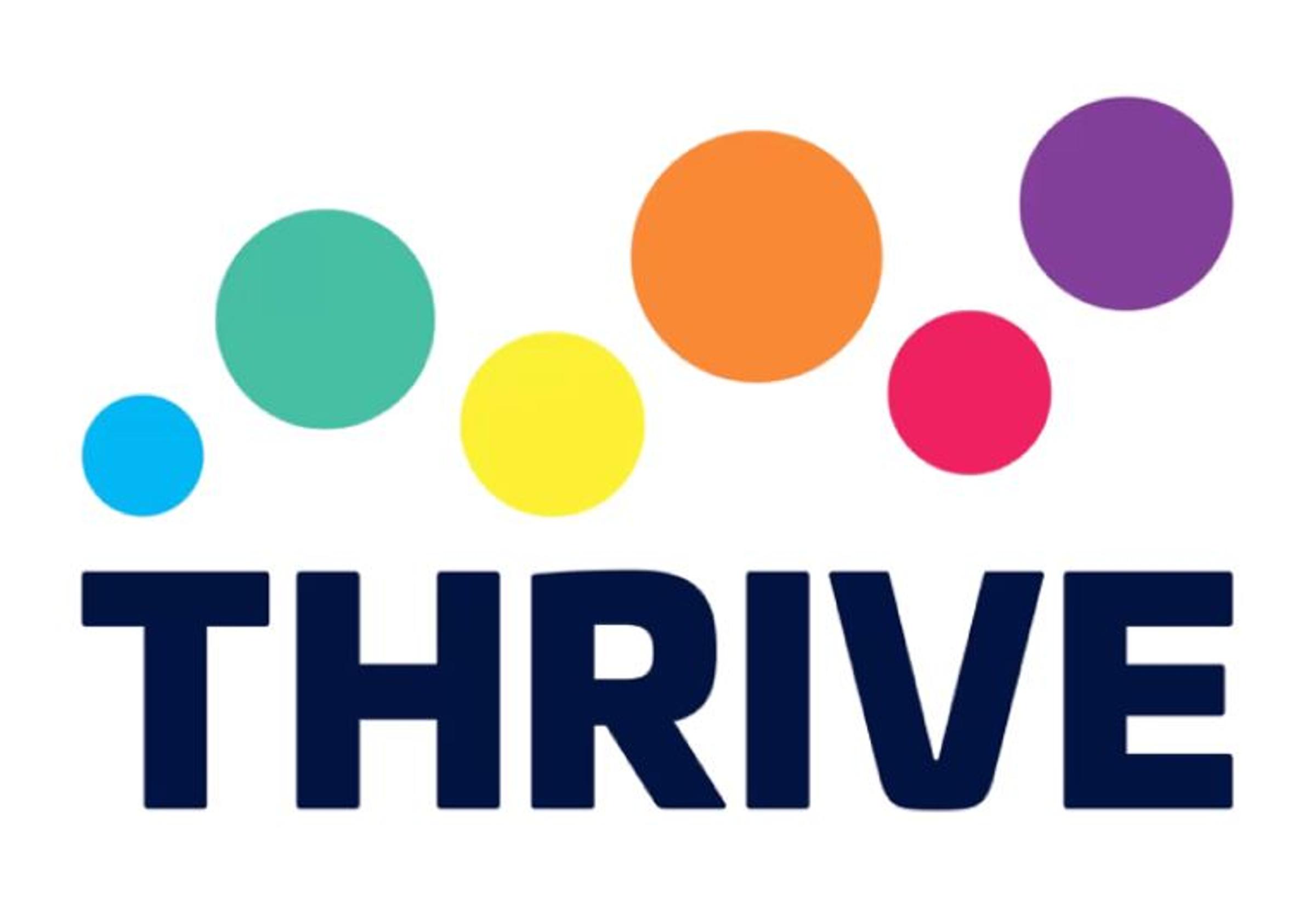THRIVE

Mindsets
All children develop beliefs about their own intelligence and abilities. At times we may think of our intelligence as fixed, or carved in stone and incapable of change - psychologist Carol Dweck (2000) calls this a 'fixed mindset.' Individuals with a fixed mindset attribute success or failure to their innate ability rather than effort - if they encounter failure or difficulty, they think they lack ability, they see no point in trying harder and become discouraged and helpless. Students with a fixed mindset become excessively concerned with how smart they are, seeking tasks which will prove their intelligence and avoiding those that might not.
In contrast, a growth mindset is when we approach a task believing that intelligence or ability is something we can change as we learn and master new things. A growth mindset helps us see the world as full of opportunities to learn and grow and if we encounter challenges, we will increase our efforts or try a new problem-solving strategy. We are more likely to persevere in the face of setbacks and are fuelled by a desire for mastery. When children believe that it is possible to develop their intelligence, they focus on doing just that; rather than worrying about looking smart, they take on challenges and stick to them.
Tips
Offer Process Praise
Children who are praised for effort or persistence consistently do better than children that receive praise for the outcome. Instead of saying “Wow you got an A, congratulations” try “I’m so proud of how hard you worked on that assignment”. Effort or 'process' praise (i.e. praise for engagement, perseverance, strategies, improvement) encourages children to develop a growth mindset and fosters motivation. It helps children focus on what they did to be successful in their learning and what they need to do to be successful again in the future.
The power of yet
When faced with a challenge it can be tempting to throw in the towel. If your child is verbalising that they can’t do something offer the word yet. For example if you child was to say “I can’t read this book” just reply “yet”. It sends them the message that they will acquire new skills and can help boost motivation to try.
Resources
Children’s book- The dot by Peter Reynolds
Video - https://www.youtube.com/watch?v=rUJkbWNnNy4

